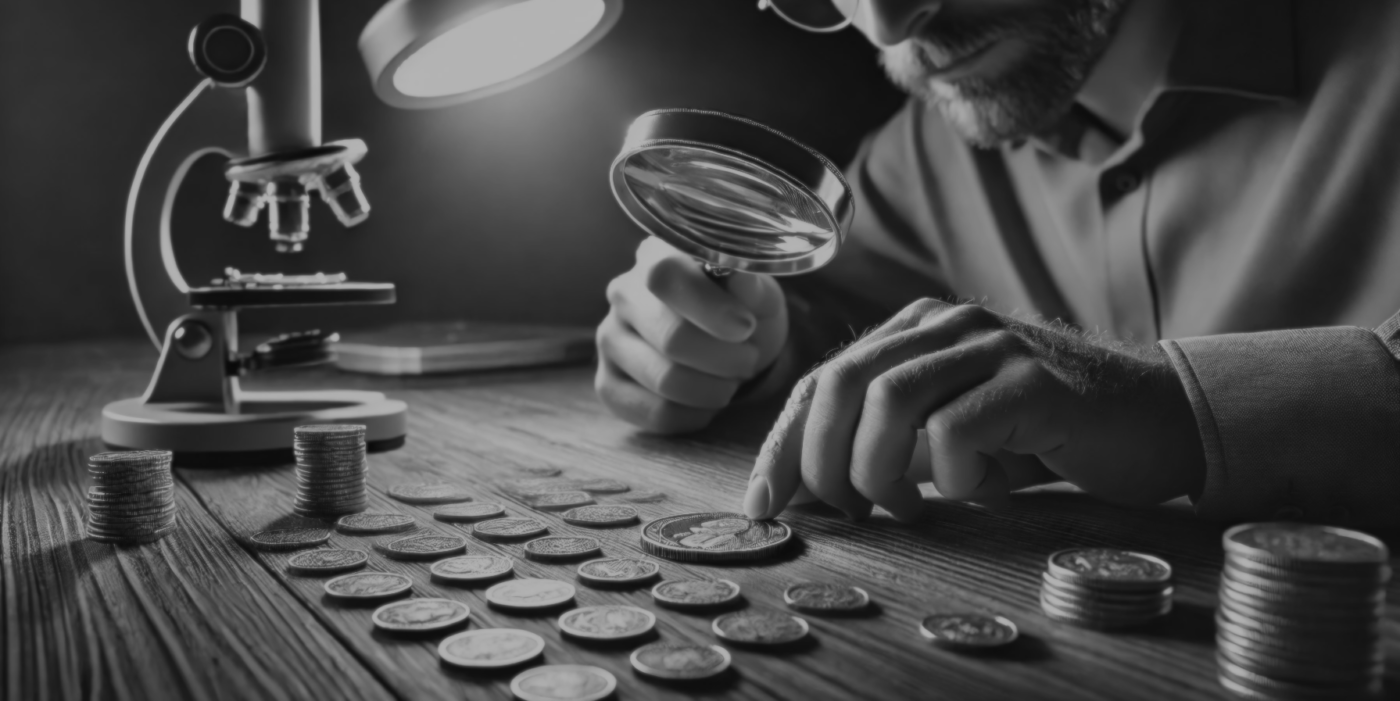How to Start a Coin Collection: A Beginner’s Guide Part-2
🌟 Starting a coin collection can be an exciting and rewarding hobby, but knowing where to begin can be daunting. Whether you’re a complete novice or someone looking to expand your interest, this guide will help you navigate the essentials of starting a coin collection. Here’s everything you need to know to get started and build a collection that you’ll enjoy for years to come.
1. Setting Goals and Objectives
Before you begin collecting, it’s important to set clear goals for your collection. Decide whether you want to focus on a specific type of coin (e.g., historical, commemorative, or foreign coins), a particular period, or a theme. Having a clear objective will help you stay focused and make informed decisions as you build your collection.
2. Researching and Learning
Educate yourself about coins and numismatics. Read books, visit online resources, and join numismatic societies or forums to gain knowledge. Understanding different types of coins, their history, and their value will help you make informed choices and avoid common pitfalls.
3. Starting Small
Begin your collection with affordable and accessible coins. Starting small allows you to learn about the hobby without making significant financial commitments. You can gradually upgrade to more valuable coins as you gain experience and confidence.
4. Understanding Coin Grading
Learn about coin grading and how it affects a coin’s value. Familiarize yourself with grading scales such as the Sheldon Scale (e.g., MS, AU, PR) and understand how factors like wear, scratches, and tarnish impact a coin’s grade. Accurate grading is essential for buying and selling coins.
5. Buying from Reputable Sources
Purchase coins from reputable dealers and sources. Look for dealers with good reviews and a solid reputation in the numismatic community. Consider attending coin shows or auctions to find reputable sellers and discover unique items for your collection.
6. Proper Storage and Care
Properly store and care for your coins to maintain their condition. Use protective holders or albums made from archival-safe materials to prevent damage from moisture, dust, and physical contact. Handle coins with clean hands or gloves to avoid transferring oils or dirt.
7. Building Your Collection
As you acquire more coins, focus on building a well-rounded collection. Consider diversifying your collection by including coins from different periods, regions, or types. This approach adds depth and variety to your collection and makes it more enjoyable to curate.
8. Keeping Records
Maintain detailed records of your collection, including information about each coin’s origin, purchase price, and grade. Keeping accurate records helps with tracking the value of your collection and provides valuable information for insurance purposes.
9. Joining Numismatic Communities
Engage with other collectors by joining numismatic communities, both online and in-person. Participating in forums, clubs, and social media groups allows you to exchange knowledge, seek advice, and connect with other enthusiasts.
10. Staying Informed
Stay updated with current trends, market developments, and new releases in the numismatic world. Subscribe to numismatic publications, attend events, and follow reputable sources to keep your knowledge current and enhance your collecting experience.
11. Enjoying the Journey
Remember that collecting is about enjoyment and personal satisfaction. Take pleasure in discovering new coins, learning about their history, and building a collection that reflects your interests and passion.
Beginner’s Guide Part 1: ( LINK )
Disclaimer: The information provided in this blog post is for educational purposes only and does not constitute professional advice. Always consult with experts or professionals for specific guidance related to coin collecting and numismatic activities.

